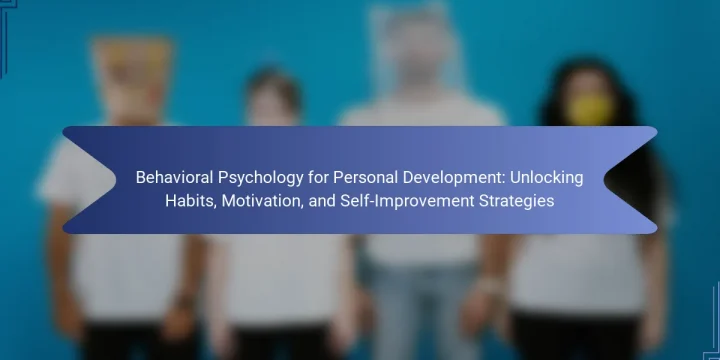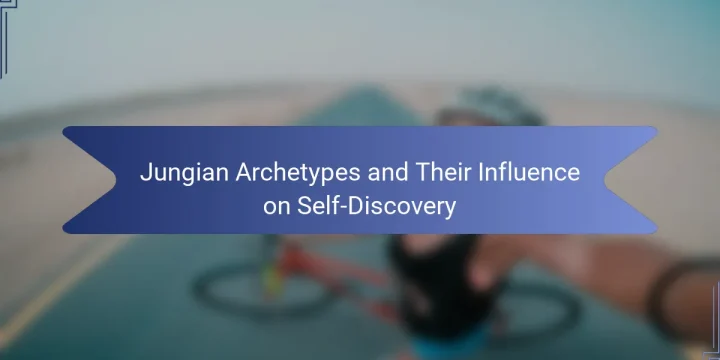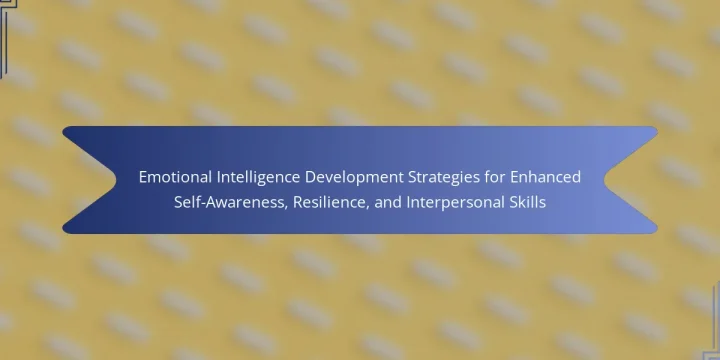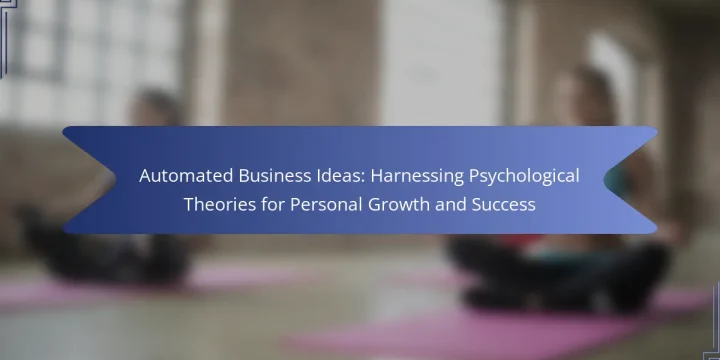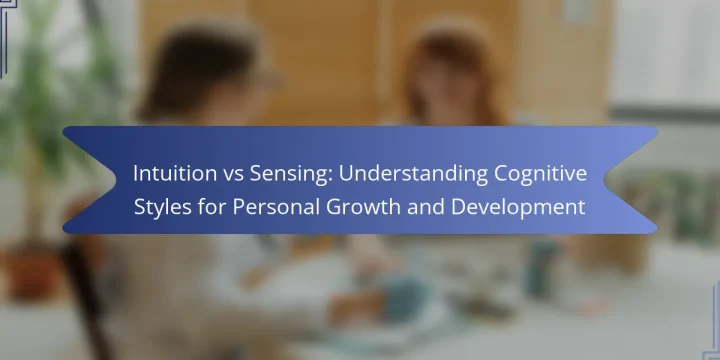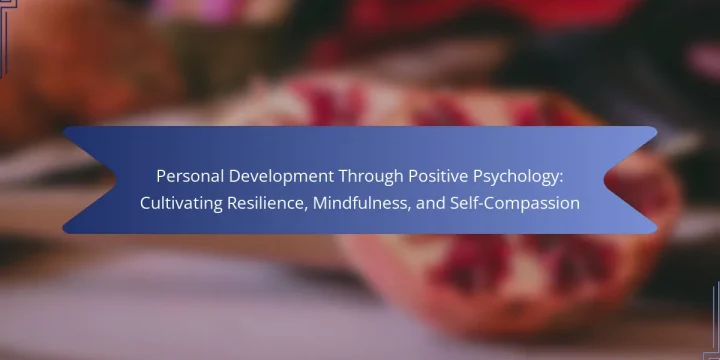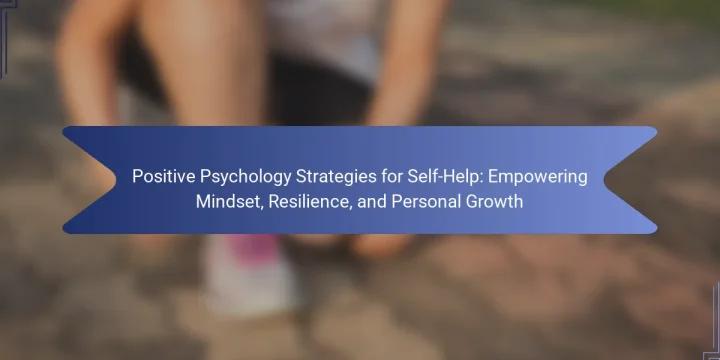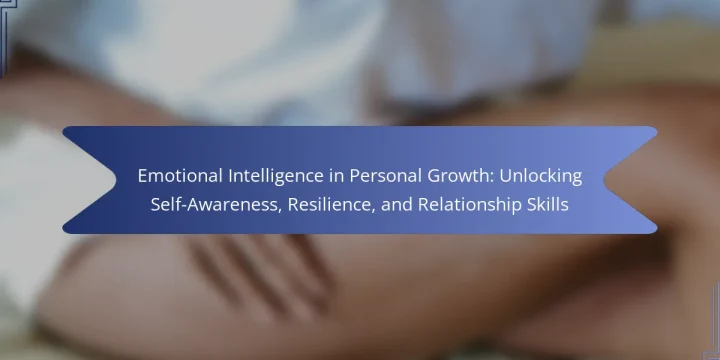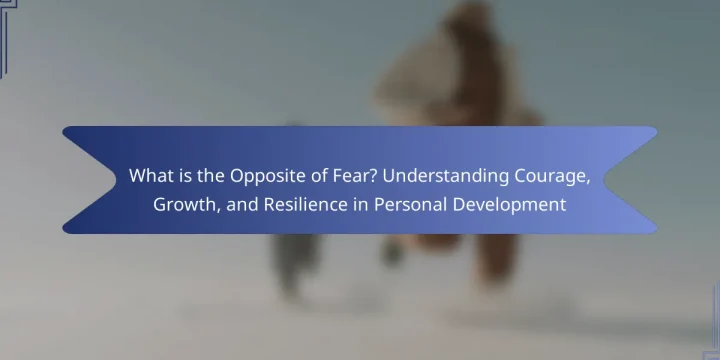
Courage is essential for personal development, enabling individuals to confront challenges and transform fear into motivation. This article explores the relationship between courage, growth, and resilience, highlighting how these elements foster personal transformation. It also examines cultural perspectives on courage and offers practical strategies to enhance resilience and embrace uncertainty. Understanding these concepts can empower individuals to pursue their goals with confidence and determination. What is Courage and How Does it Relate to Fear? Courage is the opposite of fear, representing the ability to confront challenges despite feeling afraid. Understanding courage involves recognizing its role in personal growth and resilience. Courage empowers individuals to take risks, fostering development and overcoming obstacles. It transforms fear into motivation, enabling people to pursue their goals and aspirations. How Do Psychological Theories Define Courage?…
